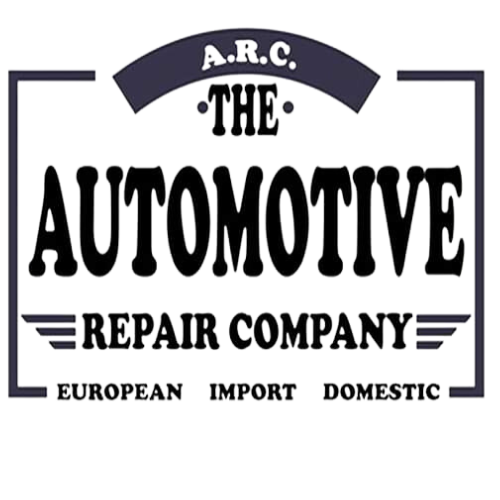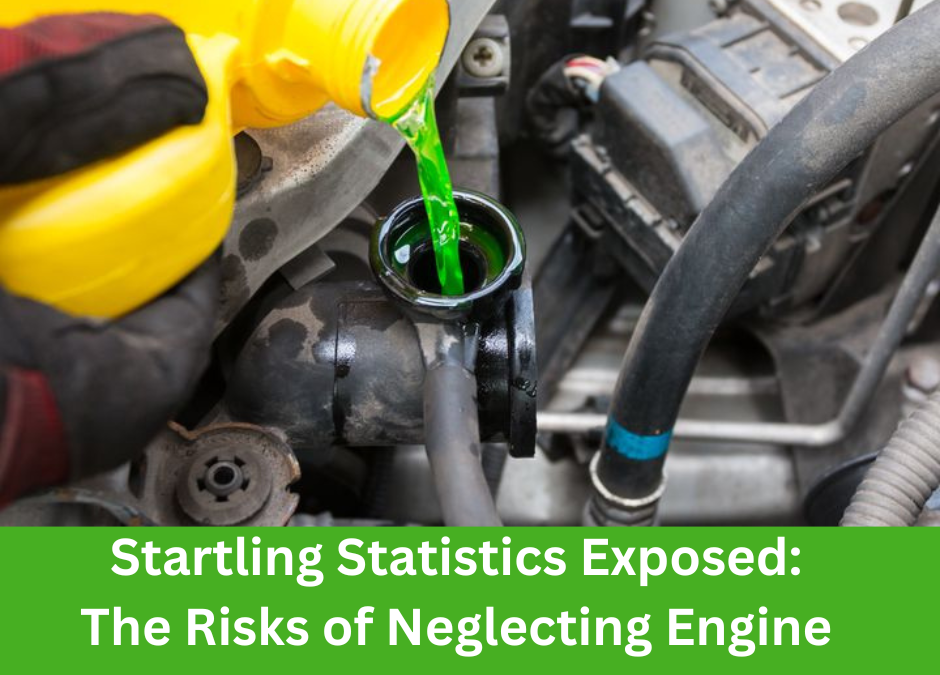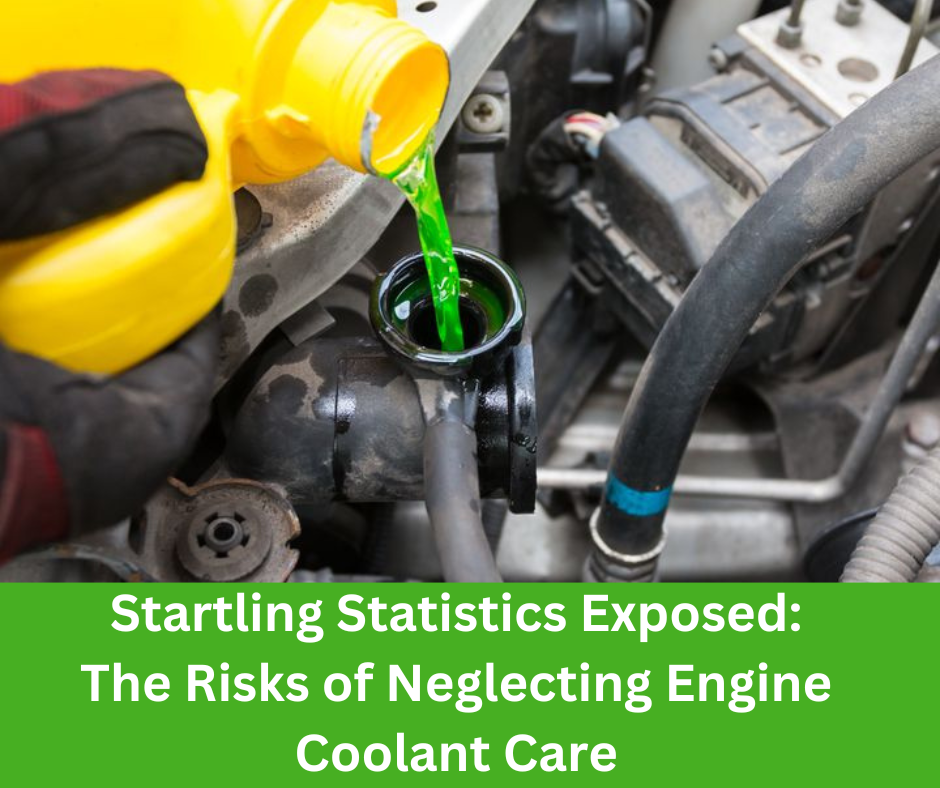
When it comes to car maintenance, there are some tasks that often fly under the radar. One such underestimated but critical aspect is engine coolant maintenance. You may be wondering, what exactly is engine coolant? It’s a liquid substance that helps regulate the temperature inside your vehicle’s engine, preventing it from overheating or freezing in extreme weather conditions like Alberta winters.
Proper engine coolant maintenance plays a vital role in the long-lasting performance of your vehicle. Neglecting this important task can lead to costly repairs and even pose serious risks to both your car and personal safety. Unfortunately, many car owners underestimate the importance of regular coolant changes, dismissing it as just another routine chore. However, new statistics reveal shocking information about the hidden dangers lurking beneath this neglected responsibility.
Intrigued? Well then prepare yourself for a wake-up call as we dive deeper into why coolant maintenance is essential for any responsible car owner.
Signs your coolant needs changing: Ignoring these warning signs can lead to severe consequences
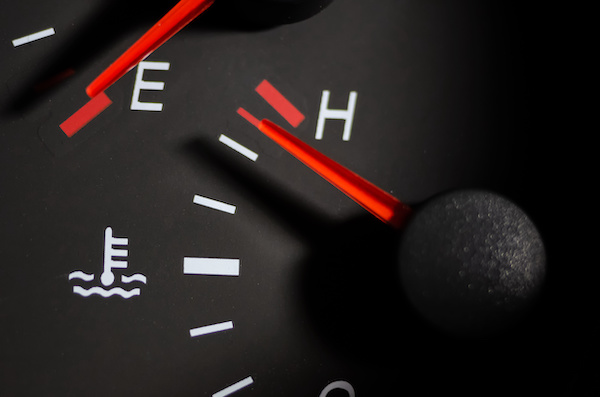
Regularly changing engine coolant is an often overlooked aspect of car maintenance that can have serious repercussions if neglected. By paying attention to certain telltale signs, car owners can determine whether their coolant needs changing and thereby prevent potentially catastrophic consequences.
Abnormal temperature readings on the dashboard are one of the first indications that something is amiss with the engine coolant. If the temperature gauge consistently shows higher or fluctuating levels than usual, it’s a clear indication that there could be a problem. This could be due to old or degraded coolant not being able to regulate engine temperatures effectively, putting additional stress on the engine itself.
Another sign of deteriorating coolant is leaks or low levels in the radiator or reservoir tank. Leaks can indicate issues with cracked hoses, a faulty radiator cap, or even internal damage to the cooling system. Low levels of coolant may suggest leaks as well but could also be a result of evaporation over time. Regardless of which scenario it is, driving with insufficient amounts of coolant poses significant risks like overheating and potential engine damage.
A sweet smell while driving may seem harmless but could be an alarming sign that your vehicle’s coolant has been contaminated by substances such as oil or exhaust gases leaking into the system. A sweet smell typically signifies ethylene glycol – an ingredient found in most coolants – being burnt off due to overheating caused by contamination. Failure to address this issue promptly can lead to irreversible damage to various components such as gaskets and seals within the engine.
These signs should not be ignored – they serve as important warnings for potential hazards associated with neglecting proper maintenance practices related to engine coolants.
The Hidden Dangers:
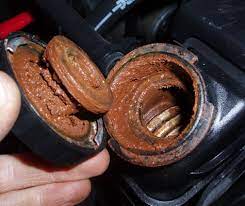
a) Corrosion buildup:
One of the most severe consequences of neglecting engine coolant maintenance is corrosion buildup within the cooling system. Over time, old coolant can become acidic and lose its protective properties. This acidity can eat away at the metal components of the radiator, heater core, water pump, and other vital parts.
When corrosion takes hold, it forms a layer of debris and sludge that obstructs proper heat transfer. As a result, the engine may overheat or suffer complete failure if not addressed promptly. Even small amounts of corrosion can significantly reduce the efficiency of the cooling system and compromise its ability to regulate temperature effectively.
b) Engine damage:
Inadequate temperature regulation due to neglected coolant maintenance places excessive stress on crucial engine parts such as cylinder heads or head gaskets. When these components are exposed to extreme temperatures for prolonged periods, they may warp or crack. This creates expensive repair issues that could have been prevented with regular coolant changes.
Statistics reveal that improper coolant maintenance accounts for a significant number of costly repairs each year. According to a recent study, negligence in changing engine coolant contributes to approximately 25% of all major engine failures reported annually in North America alone. These repairs often require extensive labor costs and replacement part expenses – an unnecessary financial burden when compared to routine maintenance tasks like changing your vehicle’s coolant according to manufacturer recommendations. It makes sense to do this minor maintenance task when it starts at only $129.95 but repairs due to neglecting it can cost you thousands.
Health Hazards
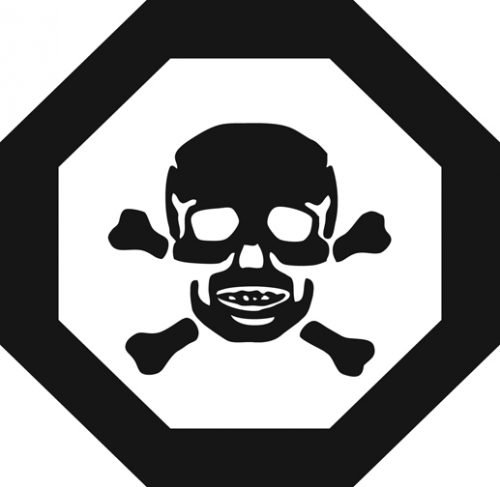
Toxicity Risks: Many car owners are unaware of the potential health hazards associated with engine coolant. Coolants contain a chemical known as ethylene glycol, which is highly toxic to humans and pets if leaked or ingested. This colorless and odorless liquid can be lethal even in small amounts. According to a study by the National Poisoning Database System, there were over 10,000 reported cases of ethylene glycol poisoning in the United States alone between 2015 and 2020.
The environmental implications of toxic leaks from vehicles left unattended for extended periods are equally concerning. In some instances, these leaks have resulted in contamination of soil and water sources, leading to legal battles involving both individuals affected adversely as well as regulatory agencies cracking down on proper disposal protocols for automotive wastes. Furthermore, accidents caused by ingesting leaked engine coolant also highlight the need for responsible maintenance practices that minimize exposure risks.
Evaporative Emissions: Proper coolant maintenance is not just essential for your health but also plays a crucial role in preventing harmful evaporative emissions from entering our atmosphere. When engine coolant breaks down or becomes contaminated due to neglect, it releases volatile organic compounds (VOCs) into the air during combustion.
Aside from being contributors to smog formation, VOCs are greenhouse gases that contribute to climate change. With increasing concerns about global warming and its impact on our environment, it becomes imperative for car owners to play their part in reducing their carbon footprint by regularly servicing their engine coolant systems.
By understanding the health hazards associated with leaked or ingested coolants containing ethylene glycol and recognizing the broader environmental consequences linked to evaporative emissions, we can begin appreciating why regular engine coolant maintenance deserves more attention than it often receives.
The Importance of Regular Coolant Changes: Preventing Costly Repairs and Breakdowns

Neglecting engine coolant maintenance can have serious consequences for both your car’s performance and your wallet. Regularly changing the coolant is not just a routine task to be overlooked; it plays a vital role in preventing costly repairs and breakdowns that could leave you stranded on the side of the road.
Over time, engine coolant can become contaminated with dirt, debris, rust particles, and other pollutants. This contamination restricts the flow of coolant through the cooling system, reducing its ability to regulate engine temperature effectively. As a result, your engine may overheat more easily and risk damage to critical components. Repairing or replacing these damaged parts can be extremely expensive and cause significant inconvenience.
By having regular coolant changes as part of your preventive maintenance routine, you ensure that fresh, clean coolant is consistently flowing through your car’s cooling system. This helps dissipate excess heat from the engine efficiently and prevents overheating issues that can lead to costly repairs down the line.
Moreover, neglecting proper maintenance by putting off coolant changes for too long can also contribute to accelerated wear on important components like water pumps or thermostats due to excessive heat generated by an inefficient cooling system. Making timely investments in changing your vehicle’s coolant will save you from shelling out considerable amounts of money later on.
Furthermore — let us not forget about health risks motion and safety concerns! An old or depleted coolant mixture runs the risk of becoming acidic over time—causing corrosion within vital parts like radiators—and releasing harmful toxins into the environment when left unchanged at appropriate intervals. These toxic substances could potentially mix with oil causing further issues such as compromised lubrication within an engine. Now imagine what would happen if those poisonous fumes made their way into passenger compartments—with frequent exposure resulting in respiratory or dermatological symptoms? Neglecting something as simple as a coolant change could put your health at risk, too. To ensure the long-term performance and safety of both yourself and your vehicle, don’t underestimate the importance of regular coolant changes; they are essential for preventing costly repairs, and breakdowns, and protecting your well-being throughout the life of your car.
The Hidden Dangers of Ignoring Engine Coolant Maintenance: Shocking Statistics Revealed
Neglecting engine coolant maintenance may seem like a small oversight, but the consequences can be disastrous. Throughout this article, we’ve uncovered some shocking statistics that underscore the importance of prioritizing engine coolant maintenance.
First and foremost, overheating is a common problem that arises from neglected coolant. A staggering 25% of all engine failures are attributed to cooling system issues, and overheating is one of the leading causes. This alone should serve as a wake-up call for car owners to give their cooling system the attention it deserves.
Secondly, neglecting to change your coolant regularly can lead to corrosion within the cooling system. In fact, 95% of all radiator failures occur due to internal rust and corrosion caused by old or contaminated coolant. Not only does this compromise your car’s performance and efficiency, but it also poses potential leaks that could damage other vital components in your vehicle.
To ensure you’re not jeopardizing your car’s performance and longevity, it’s crucial to prioritize routine inspections with your trusted mechanics at The Automotive Repair Company who specialize in cooling systems. These professionals have the expertise necessary to identify any underlying issues and recommend proper maintenance procedures specific to your vehicle.
In conclusion, do not underestimate the significance of regular engine coolant maintenance. The risks associated with neglecting this critical aspect include overheating-induced engine failure and costly repairs due to corroded radiators. By staying proactive in maintaining your cooling system through scheduled inspections with professionals who understand its intricacies, you will not only enhance the lifespan of your vehicle but also minimize unexpected breakdowns on those scorching summer drives or freezing winter commutes
